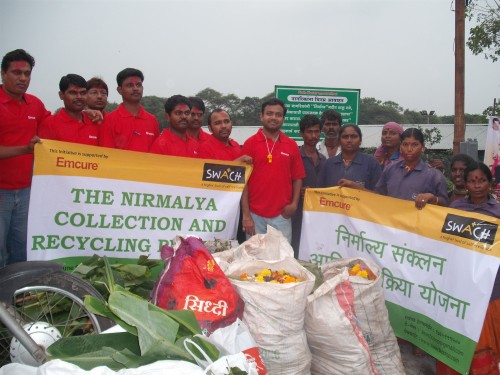
SWaCH: Waste pickers divert 97 tons of festival offerings from the city’s rivers
125 wastepickers, with the support of 400 volunteers diverted over 97 tonnes of nirmalya — offerings from this Ganapati festival — from the city’s rivers!!

125 wastepickers, with the support of 400 volunteers diverted over 97 tonnes of nirmalya — offerings from this Ganapati festival — from the city’s rivers!!

Working very hard in most unfavorable and hazardous conditions, they are the sole player in reducing carbon emission by saving remarkable amount of energy and ensuring recycling and reuse of major portion of the garbage. Their role is not only to serve the environment they are also playing key role to support the executing bodies in saving a huge part of revenue and reducing the carbon emission. Sign the petition here.

Check out Safai Sena’s first newsletter in English: “Safainama: Voice of Waste Pickers.”

The PRISM project (Poverty Reduction of Informal Waste Workers) recently published three videos about their work with waste pickers in Nepal.
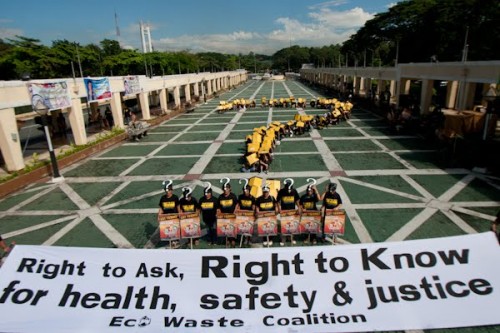
On the occasion of the “Waste Picker Regional Training and Consultation”, held on September 3, 2013 in Quezon City, Philippines, we stand committed and united in mind, voice, and action to attain our dreams and aspirations of a better situation and livelihood, that we may rise above our poverty and ensure a better future for our children.

In the face of the pork barrel scam that has recently shaken the country, Luzon-based waste pickers unite today to bewail corruption as a dagger driven right into their hearts, trampling on their rights for social recognition and legal protection as unsung heroes of the environment.
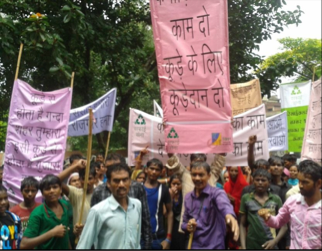
On August 16, 2013, over 250 waste recyclers of Safai Sena held a protest in front of Ghaziabad Nagar Nigam office. Many of them marched over 12 kilometers despite heavy rains that day. The protest was organized to raise a collective voice against the illegal collection of money by private contractors and exploitation of waste recyclers in Kavi Nagar and Mohan Nagar zones.
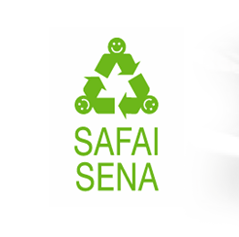
Manwara, a waste picker, has been in Delhi since her childhood. She chose this work to add to her husband’s income who is also a waste picker. Recently, Manwara’s dream turned ugly when her innocent children were blamed for a theft that happened in the nearby area. She was unaware that her being waste picker would make her so vulnerable to being accused, harassed, and suffers violence openly.
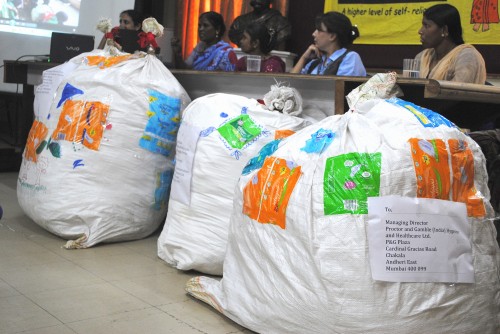
Currently wastepickers have to deal with this waste as part of household waste that they collect and also when they are picking from containers, dumps and landfills. In the recent years the amounts of this waste is also rising rapidly. As you can imagine handling this waste with their bare hands is particularly degrading and can impact the health of women who can have a compromised immune system from malnutrition and hardships.

On July 26, Safai Sena sent letters to New Delhi’s Minister of Health and Family Welfare in the Women and Child Department and the Delhi Commission for Women detailing what happened to the Safai Sena waste picker and her son on July 19 and calling for a number of actions and reforms. (the letters were written by Jai Prakash Choudhary, Safai Sena secretary)
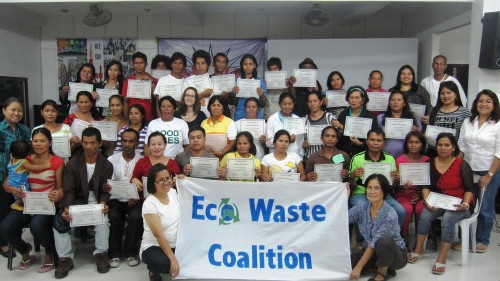
On the occasion of the “Waste Picker Regional Training and Consultation”, held from July 30-31, 2013 at the UCCP Shalom Center, Davao City, we stand committed and united in mind, voice, and action to attain our dreams and aspirations of a better situation and livelihood, that we may rise above our poverty and ensure a better future for our children.

“Amidst incessantly growing joblessness, the government should uphold pro-poor projects and legislations that will improve occupational health and safety of waste pickers, secure their employment and encourage more unemployed Filipinos to enter the recycling industry,” said Thomas Kellenberger, Founding President of the Philippine Island Kids International Foundation, Inc.
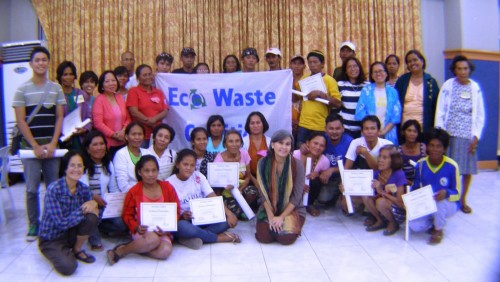
On the occasion of this meeting, dubbed “Waste Picker Regional Training and Consultation”, July 24-25 at the University of Cebu, Banilad, Cebu City, we stand committed and united in mind, voice, and action to attain our dreams and aspirations of a better situation and livelihood, that we may rise above our poverty and ensure a better future for our children.

Lack of access to education is one of the many struggles that waste pickers and their children have endured, coupled by the pressure to drop out of school for lack of financial resources. While there has been a law in place since 1977 that designates educational support for the children of parents who perform “unclean” occupations, government officials have created barriers and made things difficult for waste pickers.
DSS, an NGO based in Ujjain, India organized a waste pickers’ convention in June. The organizers reported that the feedback from the participants was very positive. Many said it was the first time they had participated in something like this and it boosted their confidence to have a government official in their midst interacting with them respectfully.

Chintan celebrated World Environment Day at Select Citywalk Mall, Saket on the 4th and 5th of June 2013 Day, to encourage awareness on cleaner environment.
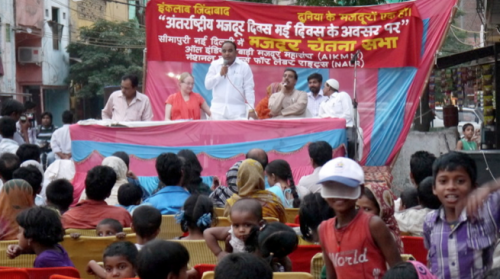
In recognition of International Labour Day, or May Day, AIKMM and its associate organization NALR hosted a program to promote solidarity amongst the waste collectors in northeast Delhi.
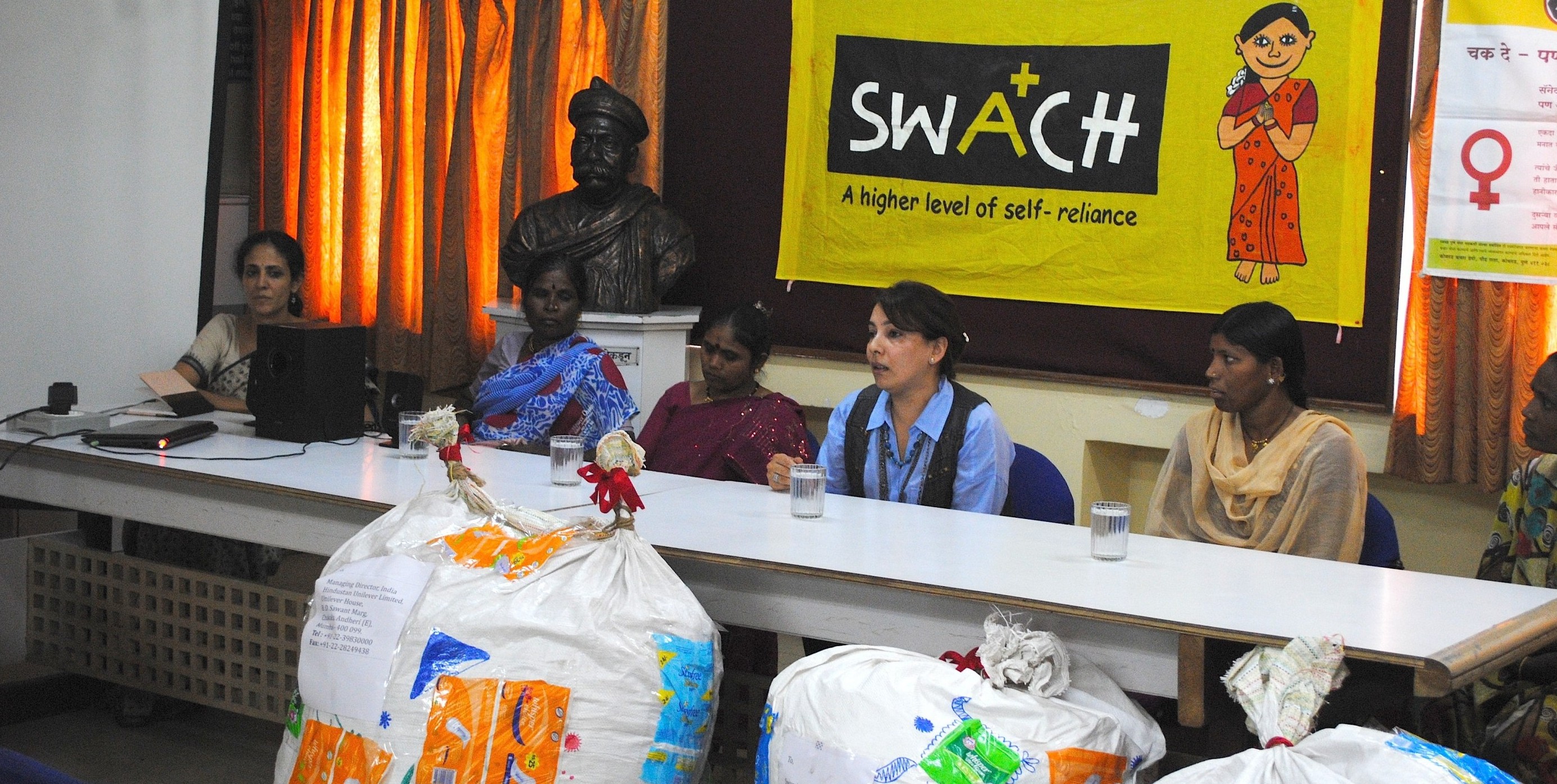
SWaCH waste pickers’ cooperative began bringing attention to a little known but very important issue more than two years ago: the proper disposal of used sanitary napkins. After sending numerous requests to manufacturers of sanitary napkins and diapers and receiving no response, SWaCH came up with a last resort. The cooperative collected used sanitary napkins and sent them back in boxes to the companies’ corporate offices as a gift on International Women’s Day to make them experience firsthand what waste pickers undergo while handling such waste.
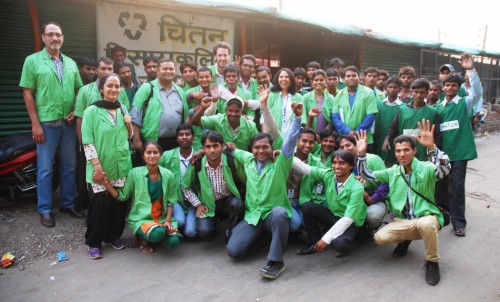
Chintan celebrated Earth Day on April 22nd, in partnership with the Indian Railways at the New Delhi Railway Station. The Chintan team along with waste pickers with Safai Sena encouraged commuters to sign pledges to not litter the station and to crush plastic bottles before discarding them.
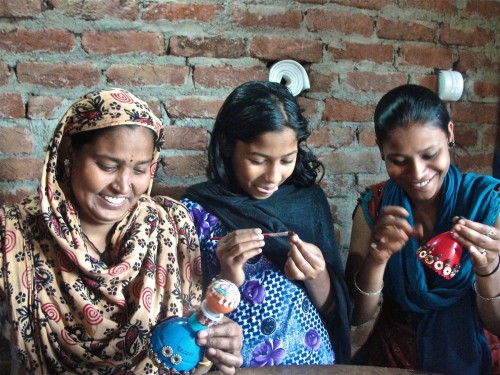
In March of this year, Kabad Se Jugad, a women’s cooperative that makes arts and crafts out of recyclable materials launched in the Seemapuri neighborhood of New Delhi. Before forming the cooperative, members survived by collecting waste from the surrounding neighborhoods. In partnership with New York-based artist, Rolando Politi, also known as Recycle and Pray, these waste pickers are transforming these materials into objects and art, “relying on inspiration and creativity (in Hindi: jugad) to guide our production process” and “bringing our talent of improvising from waste to the wider world.”